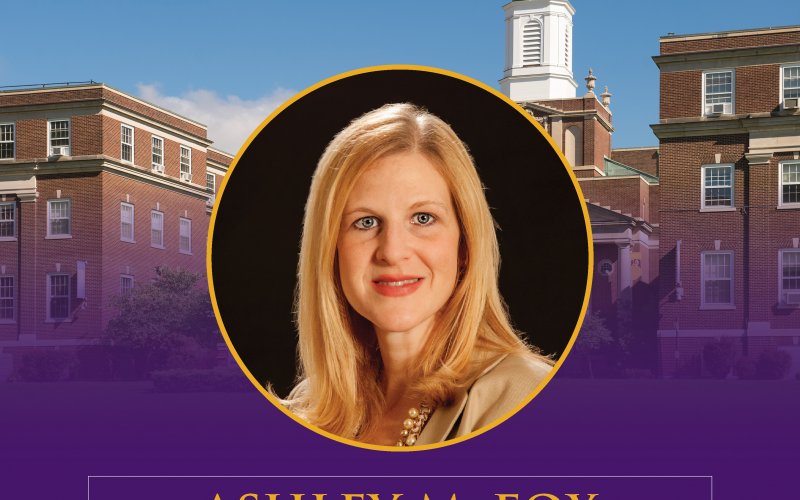Faculty Q&A: Ashley Fox

Name: Ashley Fox
Title: Assistant Professor
Department: Public Administration and Policy
What brought you to Rockefeller and how long have you been here?
I joined the Rockefeller faculty in 2014. I came here because I believe that public policy is the only legitimate means of bringing about social change. Prior to joining Rockefeller, I received my PhD in public health and was a member of the faculty at a medical school. While the practice of medicine directly saves lives, my interest is in making people healthier and improving quality of life on a grand scale, which I believe can only be achieved through changing the social conditions that ordinary people face.
Tell us about your research interests and why you are passionate about this topic?
My research interests lie in understanding how policy and ultimately politics shape the conditions that improve life chances and make societies healthier and happier. I research the policy process and how this shapes policies that influence the social determinants of health. For instance, in a recent project, I examined how state politics shapes Medicaid policy and ultimately the benefits and coverage that low- and moderate- income households receive. In international settings, I have examined how political commitment and donor preferences shape whether or not people receive life-saving nutritional interventions or responses to infectious disease outbreaks like Ebola, Zika and HIV/AIDS.
What do you want the public to know about your research? Why is your topic important?
To me, health and generalized well-being is the ultimate social good that policy seeks to achieve. Promoting long, fulling lives is ultimately the goal of public health and is also the ultimate (even if unstated) goal of many policy areas be it environmental policy, educational policy, criminal justice policy or others. However, not everyone has equal life chances, and inequalities in life chances generally stem from policy choices that seek to advance personal gain or the interests of the privileged few at the expense of many. Thus, my research aims to elucidate and expose the underlying assumptions that enables health inequalities and inequalities in life chances to continue unchallenged.
What is your favorite part of your job?
My favorite part of my job is when I can see the light bulb go off in the minds of my students or others. When the realization hits that we need to do more than be complacent about policy and need to take an active role in the policy process for social change to really occur.
What accomplishment are you most proud of in your life?
My kids. But if single-payer ever passes anywhere, be it at a state-level or national-level, I will take some underserved credit for that.
If you could have any three people (dead or alive) over for dinner, who would they be?
Karl Marx, Hellen Keller, Nelson Mandela
What is your best travel story?
So many... I guess the story of the “successful” mugging where some kids in Mozambique robbed us wielding a steak knife, but all they took was my hat and some CDs I had just bought.
What is your favorite song?
Wow, really hard to say, but I am a sucker for classic rock. Maybe Free Bird by Lynyrd Skynyrd.
What is your favorite motto?
“The philosophers have only interpreted the world, in various ways. The point, however, is to change it.
― Karl Marx, Eleven Theses on Feuerbach


